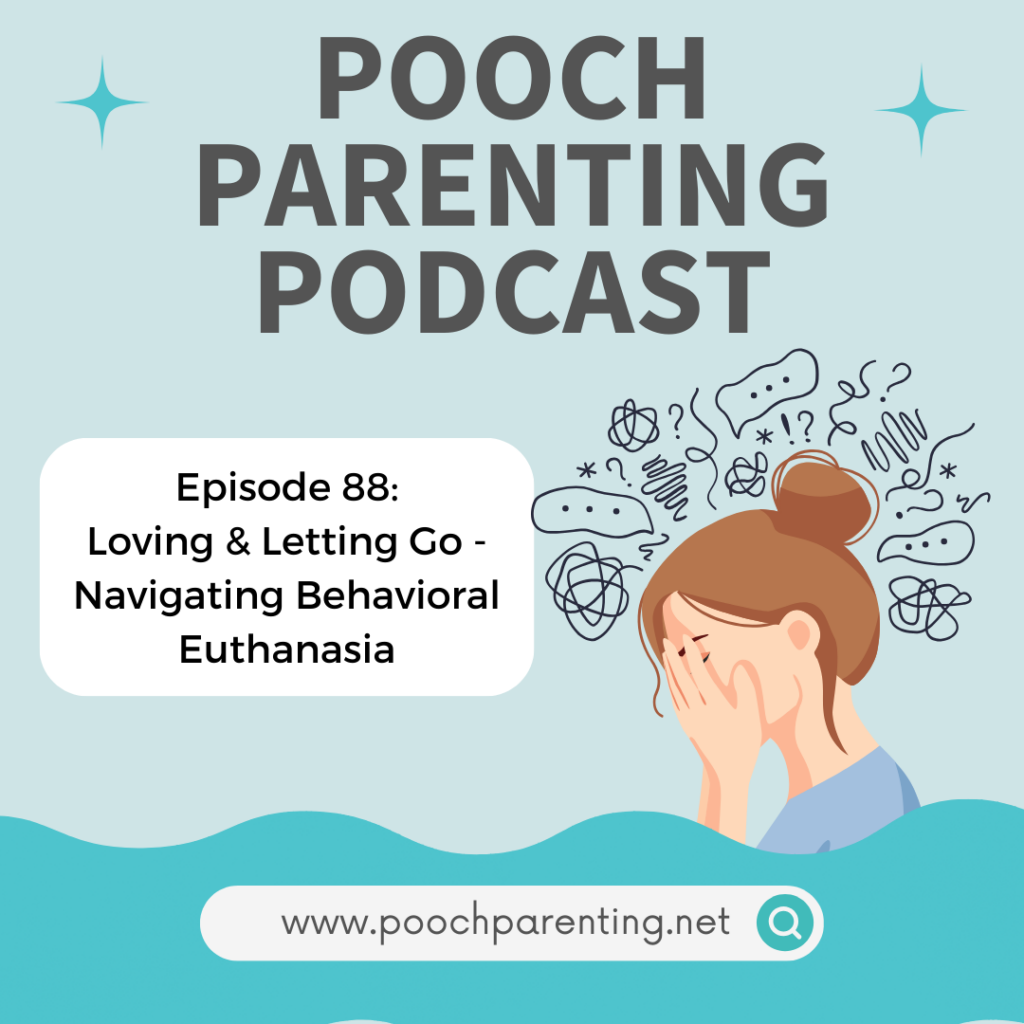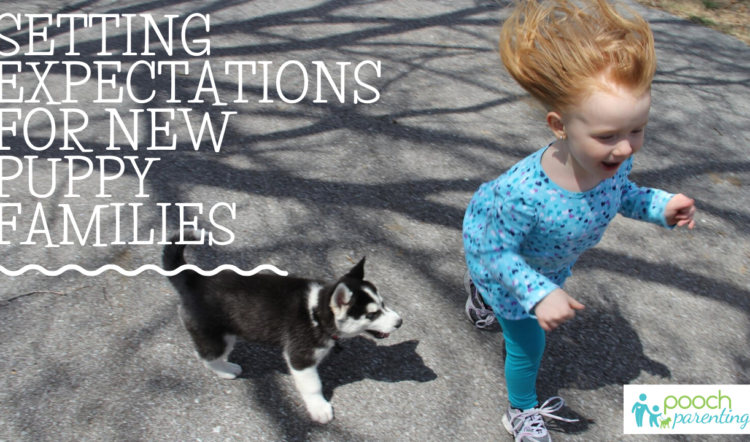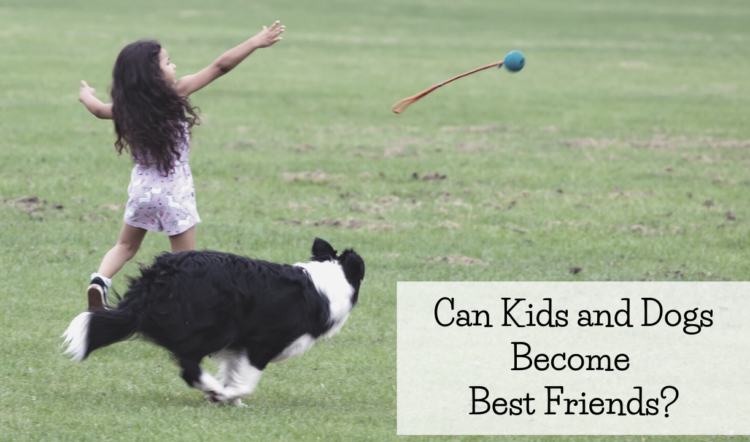In this episode of the Pooch Parenting Podcast, I’m tackling one of the most difficult and heart-wrenching topics for dog-loving families: when to consider behavioral euthanasia for a dog with a significant bite history. This is a decision no parent ever wants to face, and it’s one filled with complex emotions, from love and guilt to grief and responsibility.
As a dog behavior consultant who specializes in helping parents raising kids and dogs together, I understand how deeply we bond with our dogs and how agonizing it can be to weigh our love for the family dog, quality of life and the well-being and safety of our families. Today, I’ll explore how to assess your situation, when it might be time to say goodbye, and how to support your children through this challenging time. Most importantly, I’ll do it with empathy, compassion, and an understanding that love is at the heart of every decision you make.

Listen here
Episode Summary
Understanding the Gravity of the Decision
- Identify your risk tolerance, that of your family members, and what you should or should not ethically expose others to.
- What is a “significant bite history”? It includes repeated incidents, severity of injuries, unpredictability of aggression, age and size of your children and those who your dog may encounter.
- Some dogs may be too unsafe to live with or rehome. My mentor, Trish King often asked us, “would you want to live next door to this dog?”
- It’s very common for parents to experience guilt, grief, fear of judgment, and self-doubt, even when just considering whether or not their dog should remain part of their family and the impact it may have on your children.
Assessing the Situation
- It’s crucial to work with a qualified positive reinforcement dog behavior professional and / or a veterinary behaviorist to evaluate the dog’s behavior and risks.
- Factors to consider include:
- The dog’s triggers and predictability of aggression.
- The severity and frequency of the incidents.
- The family’s ability to implement effective management strategies.
- The presence, age and size of children in the home and their vulnerability.
- Is rehoming a safe or ethical option? Is there a risk to adults, kids or other animals? Does the dog escape? Can visitors safely enter the home?
Making the Decision for Behavioral Euthanasia
- Choosing behavioral euthanasia is an act of responsibility and compassion when safety cannot be assured.
- There is a stigma about behavioral euthanasia, but family well-being needs to be a priority.
- Recent client expressed that she was “sick to her stomach” even considering behavioral euthanasia for her dog who had already bitten 13 times, but now that she has a toddler and infant, she has to take the idea more seriously.
Supporting Children Through the Loss
- Children who are old enough to notice the dog’s absence may experience grief, confusion, or even guilt.
- Simple strategies to support children:
- Listen to episode 18 of the Pooch Parenting Podcast where I talk with a grief specialist about the loss of a beloved family pet
- Be honest but age-appropriate about why the decision was made (“We loved Fido very much, but he wasn’t safe, and we had to make a hard choice to protect everyone.”).
- Encourage children to share their feelings and validate their grief.
- Create a small ritual or memory project to honor the dog, such as drawing pictures, sharing favorite memories, or making a scrapbook.
- Find a pediatric therapist who can help your child navigate their grief.
Finding Closure and Healing
- Talk about ways parents can process their own grief, such as:
- Joining support groups for families who have made similar decisions.
- Join the Facebook Group Losing Lulu, which is devoted to supporting people who have experienced behavioral euthanasia. This group is not for people in the stage of making this difficult choice, but focuses on those who have already experienced the loss of a pet for behavioral reasons.
- Reflecting on the positive memories and recognizing that love motivated their choice.
- It’s okay to feel relief. It’s easier and safer to navigate your life as a parent when fear is not an overwhelming presence in your day to day experience.
- Remember that it’s okay to grieve and to seek support from friends, family, or professionals.
Supportive resources for parents with dogs
If you found this podcast helpful, I offer ongoing, affordable support. Join the Club! The Pooch Parenting Society is the only membership of it’s kind – offering compassionate EXPERT and relatable advice FOR parents with dogs from a certified professional dog trainer, family dog mediator, mom and credentialed teacher. You don’t have to go through this parenting kids and dogs journey alone. I’ve got you.



